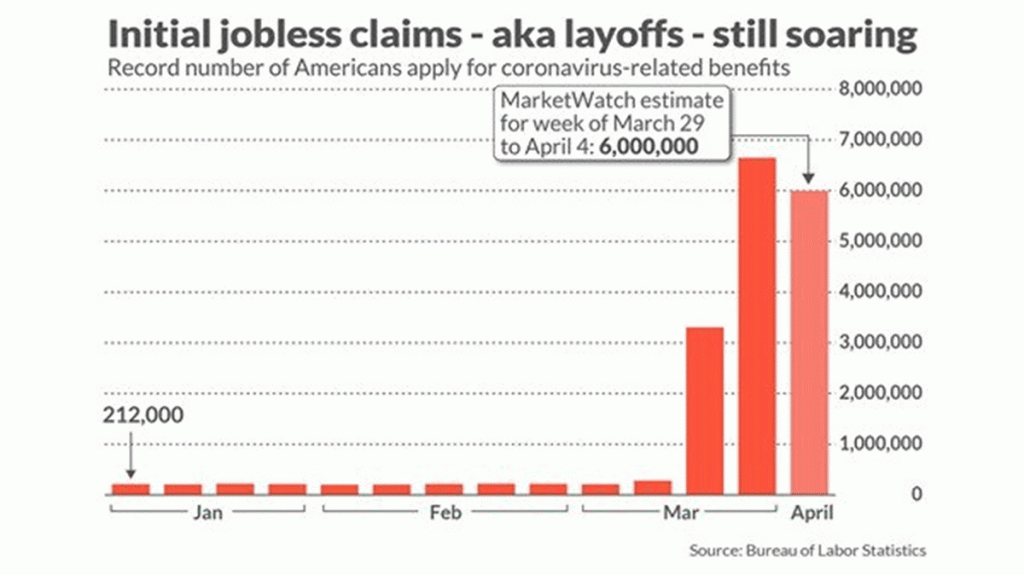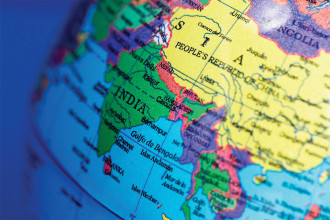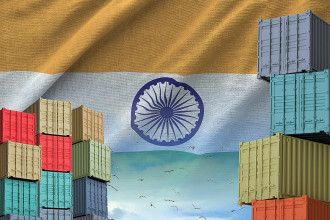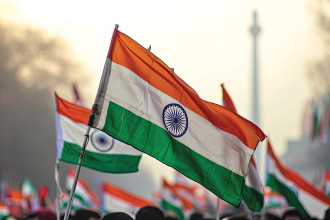
When a government official can determine how essential someone’s livelihood is, everyone is vulnerable.
A few months ago it may have been difficult to imagine a world where going to work, operating a sit-down restaurant, or engaging in business with consenting individuals was punishable by law. Where going to the gym or getting a haircut wasn’t newsworthy or hypocritical.
It would have been almost inconceivable that any elected official would tell their constituents, in no uncertain terms, that their business was not deemed “essential” enough to permit them to continue.
A crisis can really turn the world on its head.
In this case it’s the Covid 19 pandemic. And while government solutions to “flatten the curve” vary, many involve shelter-in-place orders with negative implications for business owners and employees alike, not to mention the crippling effect on national and global economies.

Essential vs. Non-Essential Business
Across the US, state and city governments are responding to the coronavirus threat by issuing “stay at home” lockdowns and effectively closing what they refer to as “non-essential” businesses. Essential businesses are those granted the benefit of continuing business as usual in spite of the pandemic. Though the exact definition varies from state to state and city to city, it usually includes grocery stores, emergency services, and medical professionals at minimum. Many retail establishments like clothing stores, bars, gyms, salons, and dine-in restaurants are demoted to “non-essential”, forced to close their doors indefinitely. In Los Angeles, mayor Eric Garcetti went so far as to disparage “selfish” business owners who stay open (in spite of orders to the contrary), and threatened to not only criminally charge them, but shut off their power and water. “ If you don’t (shut down), we will shut you down,” he promised his business-owning constituents.Economic Implications
The US is already seeing the effects of state and local governments suppressing millions of voluntary economic transactions, virtually overnight, and with no guarantee of when the economy will be permitted to open back up again. Unemployment claim records have been shattered as millions are out of work, with economists anticipating much more to come. This number will grow as long as once-legal economic activity is outlawed; the Federal Reserve of St. Louis estimates it could grow as high as 32% of the labour force, a staggering 47 million people. Additionally, analysts at JP Morgan estimate that US GDP will plummet around 30% this quarter, while the St. Louis Fed President James Bullard approximates a staggering 50% - both estimates of massive declines that are direct or indirect results of government’s economic intervention.
Who Decides?
When a government official can determine how essential someone’s livelihood is, everyone is vulnerable to the whims of politicians and their lack of economic understanding. Under normal circumstances, businesses may close due to mismanagement or fail because of a poor quality product. The beauty of free enterprise is that hundreds, thousands, even millions of consumers can decide whether a product is worth purchasing, or a company worth supporting. Shutdowns of the economy aren’t a reflection of fair competition or a level playing field, and decisions by a few government officials regarding the importance of some businesses or industries over others is arbitrary at best. Grocery stores are busy as ever, and perhaps actually more crowded given many have shortened hours. Why is it acceptable for customers to cram inside a Walmart and not a HomeGoods? Certainly the livelihoods of each retail employee is equally valuable. Are grocery stores inherently more capable of adopting higher sanitation standards than hair salons or restaurants? It’s conceivable that any business would prefer adapting to the circumstances of the pandemic rather than shutting down entirely. Unfortunately, government officials across the country believe that only they have the answers. However, as economist F.A. Hayek famously explained, The curious task of economics is to demonstrate to men how little they really know about what they imagine they can design. Responses to the coronavirus have proven his point. Time and again, officials have overlooked the financial reality for millions who live paycheck to paycheck and ignored the inherent complexity of the economy. Every industry is interrelated—we can’t decimate supply chains and expect even “essential” businesses to not suffer.Everyone’s Livelihood Is Essential
Whether you work in healthcare or retail, own a small business or work for a big corporation should be irrelevant. Denying people the ability to work, earn an income, and take care of themselves is to deprive them of basic human rights. If this is true, then it is always so, even during a pandemic. Here’s what politicians don’t understand: The economy isn’t a light switch that can be turned off quickly, then turned back on without consequence. Economic freedom isn’t just an integral part of the American dream, it’s a prerequisite for prosperity. Most importantly right now? Everyone’s livelihood is essential to them. Economic activity is, at its heart, a human activity. To disregard some as non-essential is a mistake with heavy consequences. Source: fee.org
Published Date: June 1, 2021, 12:00 am
Post Comment
E-Magazine
RELATED Economics




-1758107444.jpg)
